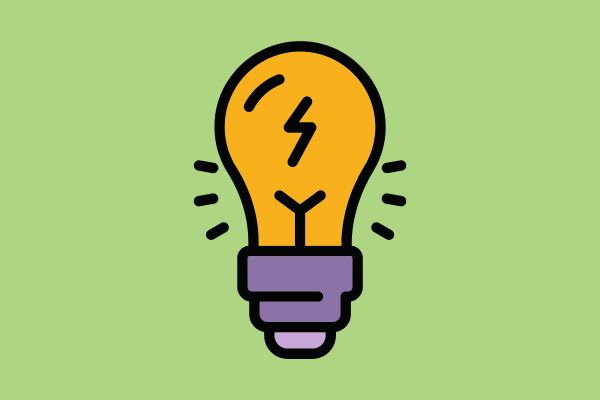
A shift in the U.S. to autocratic trends
Since the Second World War, Washington has defined its foreign policy as a moral conflict between democracies and dictatorships, though this definition proved malleable and reacted to those siding with the United States and those against. The binary between democracy and autocracy is now further blurred by political trends within the U.S. itself.
A different situation prevails. In the past, American presidential politics comprised differences over policy and principle, when Presidents and Congress jostled for advantage and the boundaries of executive authority were negotiated. Despite serious disagreements, the norms of civility and forbearance prevailed in a mood consistent with democratic governance.
That situation no longer prevails. The populist faction, perhaps majority, that dominates the Republican Party, embraces a strongman vision of leadership that operates beyond customary democratic norms. This is now centre-stage in U.S. politics, endorsed by the July 1, 2024 ruling of the Supreme Court which granted former U.S. President Donald Trump’s desire to guarantee that he cannot be prosecuted for official acts during his tenure in office. At least with respect to the President’s exercise of his core constitutional powers, this immunity must be absolute. As for his remaining official actions, he is also entitled to immunity.
The Supreme Court decision does not place Presidents above the law, but removes restrictions on possible presidential abuse of power placed by both Democrats and Republicans since the 1970s, when growing executive authority and abuse of power were checkmated after Watergate.
Three liberal Justices dissented from this decision, warning that granting presidential immunity would imperil American democracy. Justice Sonia Sotomayor said, “the category of presidential action that can be deemed unofficial is destined to be vanishingly small.”
Phases of transformation
The American presidency has undergone periods of transformation in the modern era, each involving dramatic expansion of power. The first was the rise of the administrative state under Theodore Roosevelt and Woodrow Wilson, which grew in size and cost under Franklin Roosevelt, Lyndon Johnson and Richard Nixon, when big-bipartisan values broadened the scope of government intervention and generated a complex bureaucracy to address social problems and social welfare. This administrative state, with its resources and agencies, enabled Presidents to transform the rule of law and set policies independently of both parties to pillars that could outlast their own administrations.
By the 1970s, executive power had rebounded and authority was reined in by Congress and the courts. But from the mid-1980s to the present, executive power has continued to expand, leading to a parallel growth in the administrative state and conflicts over its proper scope.
The new normal
Populist extremism is now the new normal. In Donald Trump, the populists found their natural leader. From the moment he announced his run to seek the presidency, the idea that he had little use for the legal limitations placed on the President was clear. During his tenure, Mr. Trump waged a campaign to expand executive powers, discarded norms, and pushed the boundaries of presidential conduct. Even after leaving office, he mobilised his supporters to storm the Capitol on January 6, 2021. After the threat to civic order, bipartisan Congressmen were united against it, and yet the same President and his followers continued to foment insurrection.
Populist fervour has also spread to other western democracies. When Mrs. Le Pen rallied her followers outside the French Parliament in May 2024, she claimed that she would “reassert national sovereignty by any means necessary.” Similar movements across Europe and Latin America underscore that the populist challenge to the administrative state is also a direct challenge to democratic norms.
Questions: